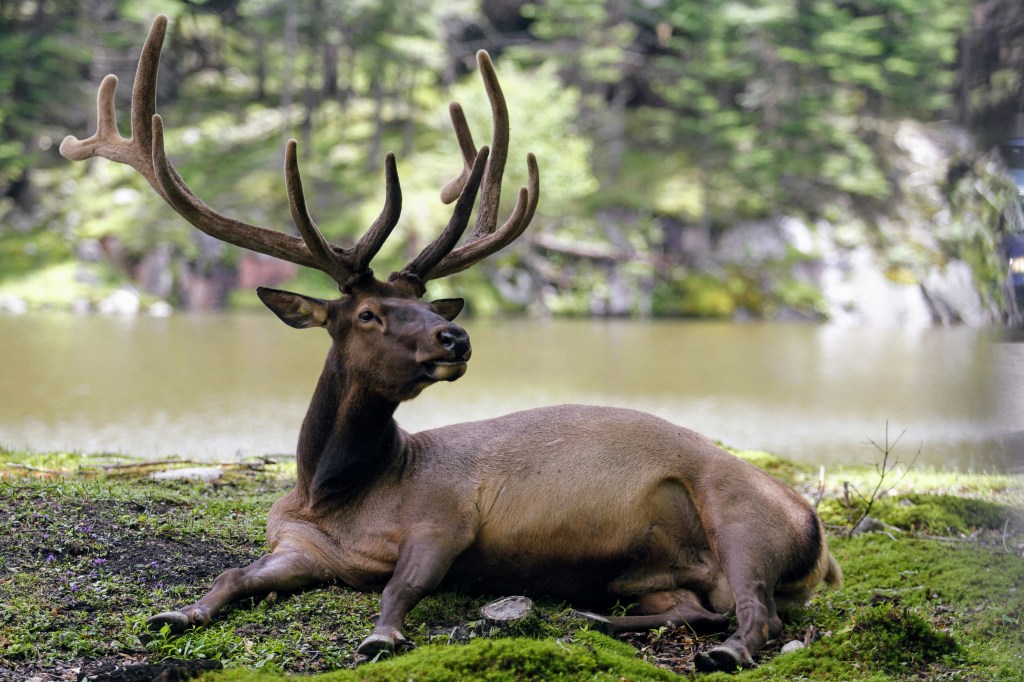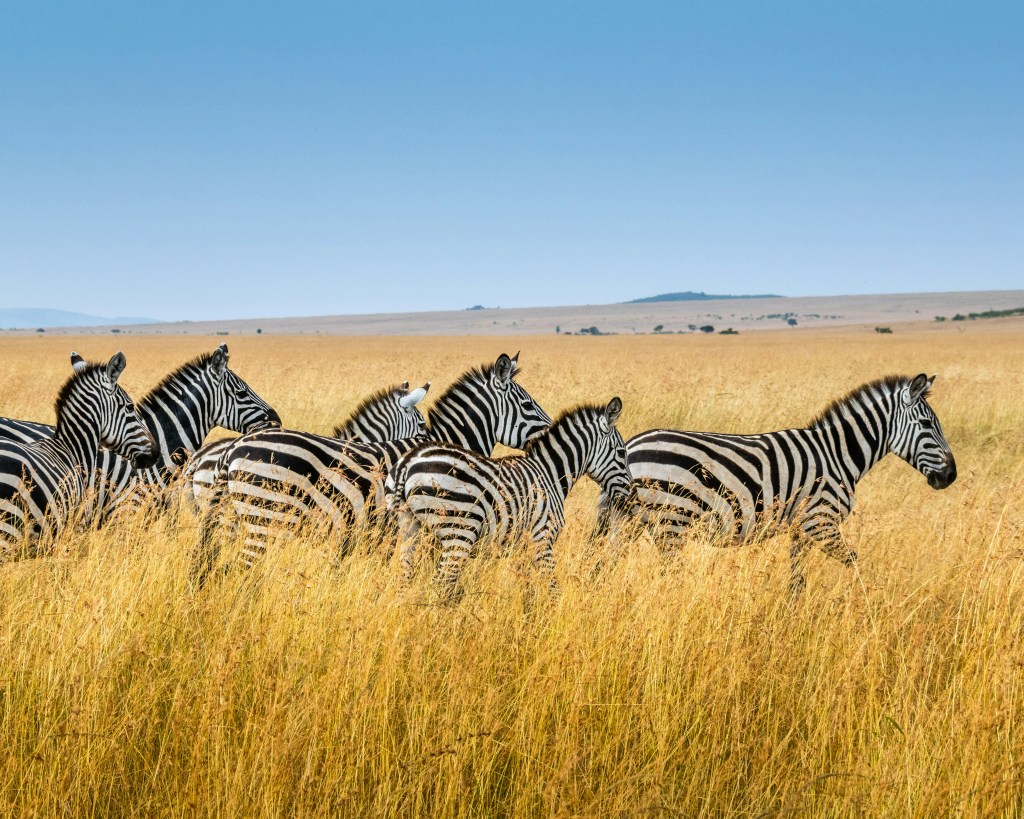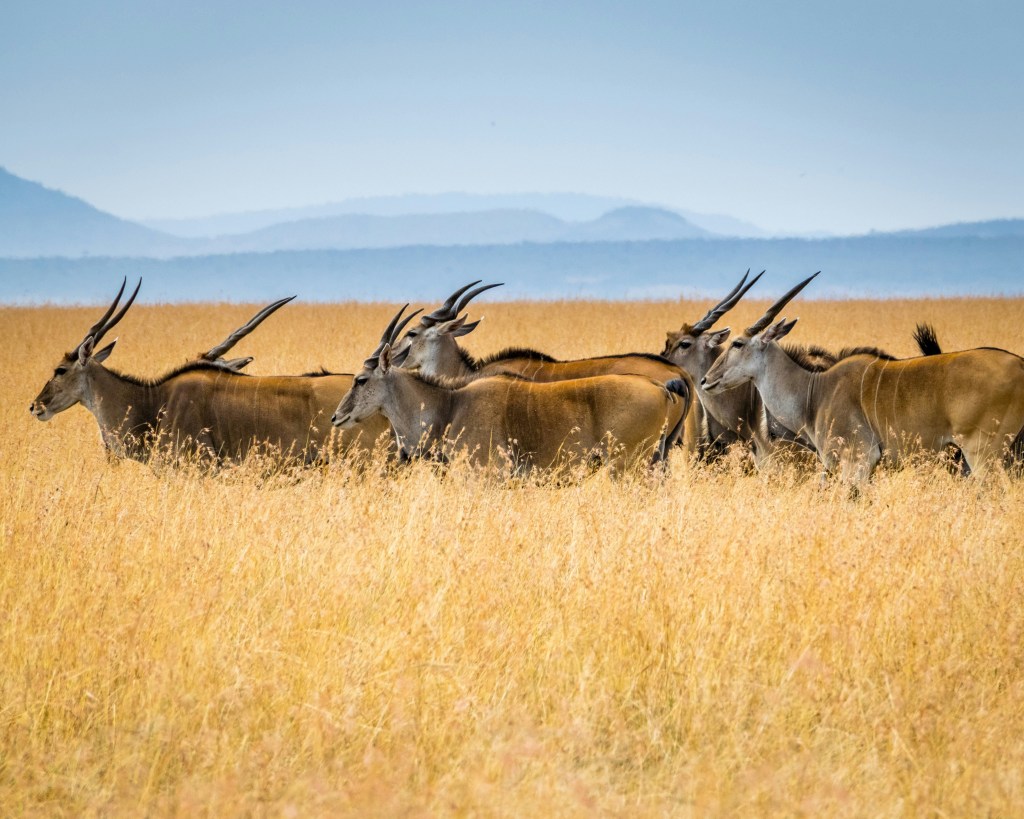Sustainable Hunting: Practices for Environmental Stewards
Understanding the role of hunting in conservation and the importance of ethical practices is crucial for maintaining biodiversity and supporting healthy ecosystems and wild animals.
Sustainable hunting practices ensure that wildlife populations are kept in balance, preventing overpopulation and the subsequent negative impacts on habitats and other species. By adhering to ethical hunting guidelines, hunters contribute to wildlife conservation efforts, ensuring that future generations can enjoy and benefit from these natural resources.
Ethical hunting practices
Ethical hunting guidelines are designed to promote respect for wildlife and their habitats. These guidelines emphasize the need for hunters to be knowledgeable about the species they hunt, to use humane methods, and to take only what is needed. This approach supports wildlife conservation efforts and fosters a deeper connection between humans and nature, encouraging habitat conservation and responsible hunting.
Conservation through hunting might seem counterintuitive at first, but when implemented correctly, it can be a powerful tool for environmental protection. Revenue generated from hunting licenses and fees can be directly reinvested into conservation projects, such as habitat restoration, anti-poaching efforts, and research on wildlife populations.
This model has been successful in various regions, demonstrating that when hunting is regulated and conducted ethically, it can contribute significantly to the conservation of species and ecosystems.
Principles of Sustainable Hunting
Understanding and implementing conservation principles in wildlife management is crucial for maintaining ecological balance and ensuring the ethical treatment of animals. These principles guide the development of wildlife management techniques, ethical hunting practices, and sustainable game management strategies. By adhering to these guidelines, we can ensure that hunting activities contribute positively to conservation efforts rather than detracting from them.
Fair chase
One of the core ethical guidelines in hunting is the principle of fair chase. This principle emphasizes giving the animal a fair opportunity to evade the hunter and opposes any practices that give the hunter an undue advantage. Practices such as the use of baits or electronic calling devices are discouraged, as they undermine the spirit of fair chase by making it too easy for hunters to lure and kill animals.
Ethical hunting
Animal welfare is another critical consideration in ethical hunting. Ensuring that hunting is conducted quickly and humanely is paramount. This involves using the correct gauge for the specific game being hunted, ensuring shots are clean and lethal, and advocating for hunters’ education on the anatomy of their game. Such practices help minimize suffering and ensure that hunting is conducted ethically and responsibly.
Wildlife conservation
Conservation efforts are at the heart of sustainable hunting practices. These efforts include initiatives aimed at habitat conservation, wildlife conservation, and wildlife management. By focusing on these areas, we can help ensure that hunting does not lead to the depletion of wildlife populations but instead contributes to the overall health and sustainability of ecosystems.
Ultimately, the goal is to ensure sustainable hunting practices that align with conservation principles, ethical guidelines, and legal considerations. By adhering to these standards, hunters can contribute to the conservation of wildlife and their habitats, ensuring that these resources remain available for future generations.

Tools and Techniques for Sustainable Hunting
In recent years, the intersection of modern hunting technologies and traditional methods has sparked a significant debate regarding their impact on sustainable practices.
Sustainable hunting practices
Sustainable wildlife harvesting is at the core of this discussion, emphasizing the importance of maintaining ecological balance while fulfilling human needs. The advent of advanced hunting technologies has introduced precision, efficiency, and safety, potentially minimizing the ecological footprint of hunting activities.
However, it’s crucial to balance these innovations with traditional hunting methods, which are often steeped in cultural significance and ecological wisdom. These methods have evolved over centuries, fostering a deep connection between hunters and the natural world, emphasizing the importance of respect and understanding of wildlife behaviors and habitats.
Ecological balance
The concept of eco-friendly hunting tips further bridges the gap between modern advances and traditional practices. These include using non-toxic ammunition to prevent environmental contamination, adhering to local wildlife management plans, and employing techniques that ensure quick and humane outcomes for the targeted species.
Humane hunting practices are crucial and aim to decrease the animals’ suffering. This ethical approach reflects respect for wildlife and contributes to the broader conservation and sustainability goals.
Species conservation and ecological balance
Moreover, hunting overpopulated species is critical to habitat management, especially in areas with sparse predator populations. Overpopulation can lead to the spread of diseases, degradation of habitats, and imbalances in the food chain, which are detrimental to both the environment and animal populations.
Ethical hunters stabilize ecosystems by strategically controlling these populations through hunting and promoting biodiversity preservation, healthy habitats, and animal populations.

Impact of Sustainable Hunting on Ecosystems
Assessing the maintenance of biodiversity through sustainable practices is a critical aspect of environmental conservation.
Sustainable conservation initiatives
Sustainable and conservation programs involve a comprehensive approach that integrates wildlife sustainability practices, biodiversity conservation, and an understanding of the environmental impacts of hunting. By fostering rich and diverse ecosystems, sustainable practices help preserve the natural balance, ensuring that all species flourish, from the smallest insects to the largest mammals. This approach benefits wildlife and supports human communities by maintaining ecosystems services, such as clean air, water, and fertile soil for agriculture.
Impact on local communities
Moreover, examining successful conservation case studies reveals the effectiveness of targeted efforts in preserving biodiversity. These case studies often highlight innovative strategies that have been employed to protect endangered species and restore degraded habitats.
For instance, community-based conservation projects involving local populations in decision-making have shown promising results in preserving wildlife and enhancing people’s livelihoods. Through such collaborative efforts, conservation becomes a shared responsibility, fostering a deeper connection between humans and the natural world.
Balancing conservation and sport
Addressing the environmental impacts of hunting is crucial in the context of wildlife sustainability practices. Sustainable hunting practices ensure the long-term conservation of wildlife populations and their habitats. This involves setting quotas that do not exceed the species’ natural reproductive capacity, employing ethical hunting methods, and investing in anti-poaching measures. By managing hunting activities responsibly, it’s possible to mitigate negative impacts on biodiversity and even support conservation efforts through the revenue generated from hunting licenses and fees.

Role of Hunters in Wildlife Conservation
Collaborative efforts with conservation organizations play a crucial role in fostering a sustainable environment and promoting biodiversity.
Conservation initiatives
Partnerships between conservation programs, state wildlife agencies, hunting regulations, and conservation funding often lead to impactful projects that address critical issues such as habitat loss, pollution, and species decline. As organizations collaborate in conservation efforts, they create a platform for sharing resources, knowledge, and expertise.
Community involvement in conservation is another pivotal aspect of environmental stewardship. By actively participating in conservation initiatives, communities can directly contribute to the well-being of their local environment. This can range from clean-up drives and tree-planting activities to wildlife monitoring programs. Such involvement helps improve local ecosystems immediately and fosters a deeper connection between individuals and their natural surroundings.
Wildlife governance and education
Education initiatives are essential in cultivating a culture of conservation among all age groups. Integrating conservation education into school curriculums and community programs can establish a foundation of environmental awareness and responsibility.
These initiatives can take various forms, including workshops, interactive sessions, and field trips, all aimed at imparting knowledge about the importance of conservation and how individuals can contribute. Through education, we can inspire a new generation of conservation-minded individuals who are equipped to make informed decisions and take meaningful actions to protect our planet.
Conservation-minded hunters represent a unique intersection between wildlife conservation and hunting. These individuals adhere to ethical hunting practices, ensuring that their activities do not harm the ecological balance and endangered species.
They often engage in and support conservation efforts, recognizing the importance of maintaining healthy wildlife populations and habitats. By working in collaboration with conservation organizations, conservation-minded hunters can play a significant role in wildlife management and habitat restoration efforts, demonstrating that responsible hunting can coexist with conservation objectives.

Challenges and Solutions in Sustainable Hunting
Addressing poaching and illegal practices is essential for wildlife conservation. Methods to balance hunting activities with ecological sustainability must be explored to ensure the long-term survival of species and their habitats.
Supporting sustainable hunting
This involves enforcing strict regulations against poaching and educating hunters about sustainable hunting ethics. The challenges in hunting conservation are manifold, including the prevention of poaching, which requires a concerted effort from governments, conservation organizations, and local communities.
Sustainable hunting ethics revolve around hunting in a manner that does not negatively impact the population of species or their ecosystems. This includes adhering to quotas, hunting only during certain seasons, and targeting species with healthy populations.
However, challenges arise due to illegal practices that threaten the delicate balance of ecosystems. Poaching is a significant issue that undermines conservation efforts, targeting endangered species and selling them on the black market.
Conservation funding
Recreational hunters play a pivotal role in conservation efforts through funding generated from hunting licenses and fees. These funds contribute to habitat protection and wildlife management. However, a fine line exists between sustainable hunting and unsustainable hunting practices that lead to the decline of threatened species.
Human activities, including habitat destruction and illegal hunting, exacerbate the situation, underscoring the need for stringent hunting regulations. These regulations must be designed to protect wildlife while also respecting hunters’ rights and traditions. Balancing these considerations is key to achieving ecological sustainability and preserving biodiversity for future generations.

Future Directions in Sustainable Hunting
In recent years, conservation technology and policy developments have made remarkable advancements, significantly impacting hunting practices. Innovations in conservation technology, such as the use of drones to monitor wildlife populations and habitats, have provided conservationists and hunters alike with tools to ensure sustainable hunting practices.
These technologies help accurately track animal movements, identify conservation areas, and prevent illegal hunting activities. Furthermore, policy developments aimed at regulating hunting seasons, bag limits, and the use of certain hunting gear have been crucial in preserving wildlife populations. Together, these advancements contribute to the future of sustainable hunting, ensuring that hunting practices do not threaten the ecological balance.
Education and regulation
Education and regulations have become pivotal in fostering a culture of respect for wildlife among hunters. By emphasizing the importance of ethical hunting practices and the role of hunters in conservation, there has been a noticeable shift towards more responsible hunting.
Regulatory bodies and conservation organizations have been instrumental in this transition, offering educational programs and guidelines that encourage hunters to consider the ecological impact of their actions. This paradigm shift is vital in maintaining biodiversity and ensuring the long-term sustainability of hunting activities.
Ethical harvesting
Respect for wildlife is not just a principle but a practice that is increasingly adopted by the hunting community. Ethical harvesting, which involves taking only what is needed and making every effort to ensure a quick and humane kill, is at the forefront of this movement. It underscores the hunters’ connection to nature and their role as stewards of the environment.
This ethos is further reinforced by the growing interest in hunting clubs, such as the Rocky Mountain Elk Foundation and the Boone and Crockett Club. These organizations play a significant role in conservation efforts, funding wildlife research, habitat protection, and public education projects that promote sustainable hunting and wildlife management.
Organizations
Moreover, the burgeoning interest in organizations like the Rocky Mountain Elk Foundation and the Boone and Crockett Club reflects a broader trend toward organized conservation efforts. These clubs provide hunters with a platform to share knowledge and experiences and actively contribute to conservation initiatives for a sustainable future.
Through fundraising, habitat restoration projects, and advocacy, these organizations help ensure the health and longevity of wildlife populations, aligning hunters’ interests with those of conservationists. Their efforts highlight the integral role of ethical hunting practices and respect for wildlife in the broader conservation landscape.
Sources
https://hams.online/en/blog/sustainable-hunting
https://retzhunter.com/the-principles-of-ethical-hunting-respect-for-wildlife-and-sustainable-practices/
https://www.ecomena.org/how-to-make-hunting-better-for-environment/
https://bobbycoxsouthcarolina.net/ethical-hunting-practices-and-their-impact-on-ecosystem-balance/
https://wildlife.org/hunting-for-sustainability/
